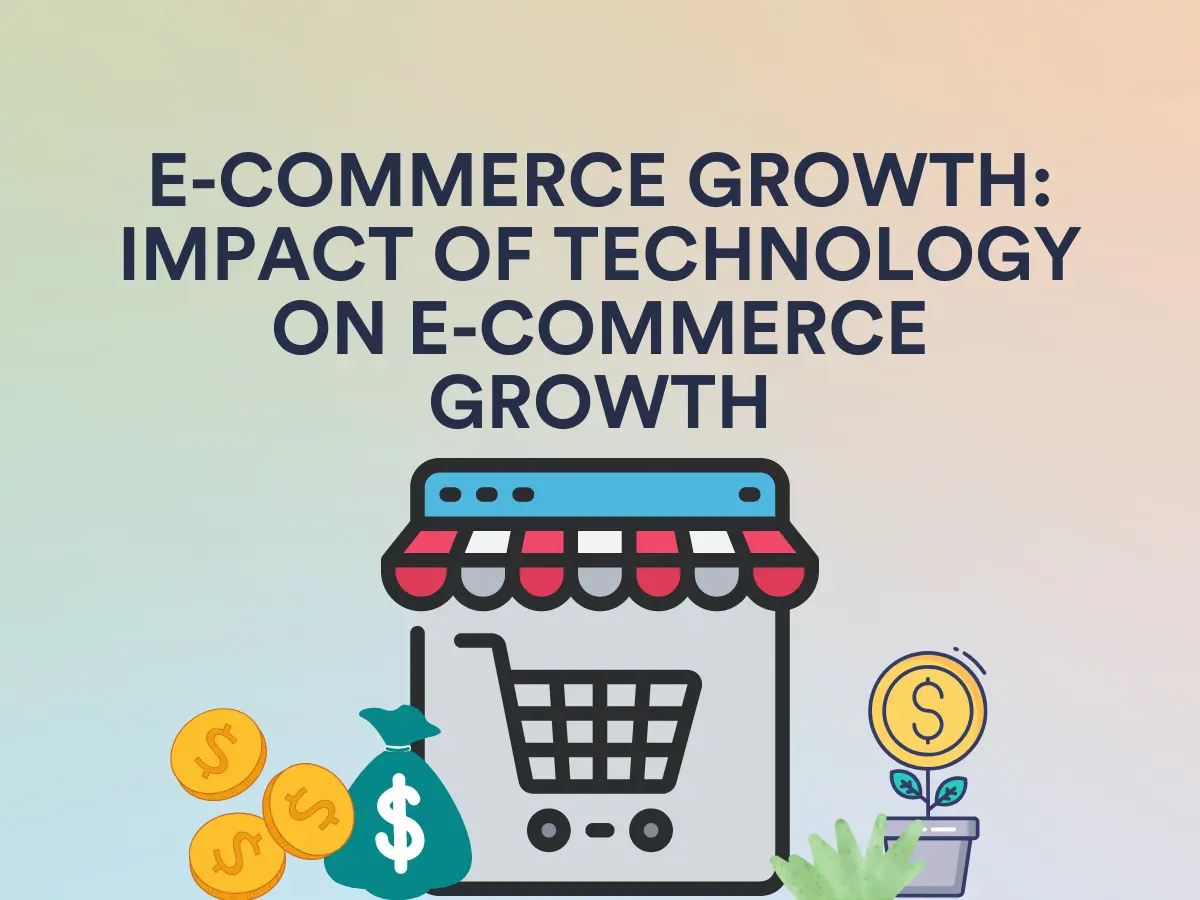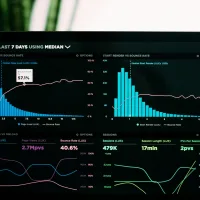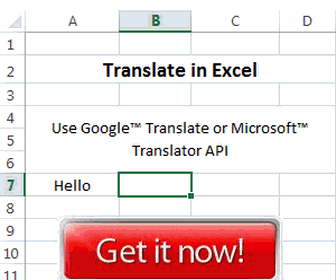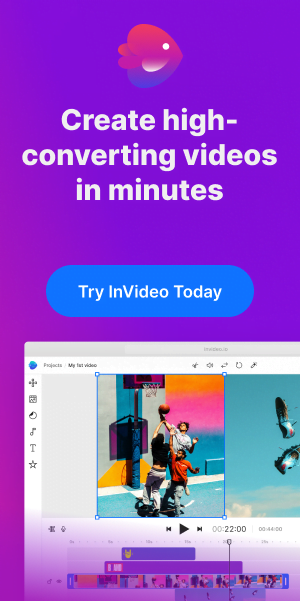If you’re reading this article, it’s either because you have a new app development idea you’d like to try out or you’re unsure of how to develop a mobile app. No matter your reason for being here, you’re at the right place.
A quote by Walt Disney says, “If you can dream it, you can do it.” All we want you to do is keep your idea alive, and we will walk you through various mobile app development processes.
In this article, we will discuss the various factors you should consider before developing an app. We will also talk about the various platforms and steps you can use to develop a mobile app.
But before we dive into how to develop a mobile app, you’ll need to understand what mobile app development is. Alright, let’s get into it!
What is Mobile App Development?
Mobile app development is the creation of software apps for mobile devices such as tablets or smartphones. These apps can either be fitness apps, e-commerce business apps, gaming apps, or religious apps.
Developing mobile apps requires technical skills, problem-solving skills, and creativity skills like graphic design. Having any of these skills will make it easy to transform your idea into a useful app.
What Are The Things To Consider Before Developing A Mobile App?
Before thinking of how you can develop a mobile app, there are various things you’ll need to take into consideration. Some of these include:
- Defining Your Goals
- Knowing Your Target Audience
- Conducting a Market Research
- Deciding The Operating system
- Stating The Security Measures To Be Used
1. Defining Your Goals
Before developing a mobile app, you’ll need to clearly define your goals. You can do this by answering questions like what the problems my mobile app is going to solve are. What do I aim to achieve with my app?
Answering these questions will help you once you start developing the app, preventing you from getting lost during the process. Also, whatever feature you’ll be adding to your app should be aimed towards achieving your goal.
For example, let’s say you want to create an app that can be used to receive and transfer funds, but there’s already an app that offers this service. One of your goals can be to add a feature that supports international transfers without extra charges. Doing this will solve the problems of some countries that can’t make transfers on apps like PayPal.
Additionally, you’ll need to constantly remember that your goal for developing a mobile app is to solve problems rather than make some cool cash. However, once you’re offering value, cash will be made.
2. Knowing Your Target Audience
As an app developer, it is important that you know your target audience. You’ll have to find out their age, goals, preferences, needs, mobile devices used, and behavior. Apparently, with this information, you can build features that align with their needs and preferences, thereby increasing user satisfaction.
Additionally, knowing your target audience will help you when you’re marketing your mobile app. You’ll easily plan your marketing strategy in a way that appeals to your users. There are various marketing strategies, such as influencer marketing, App Store optimization, social media marketing, and paid ads.
3. Conducting a Market Research
Now, you’ll have to ensure that the mobile app you’re about to develop isn’t similar to anyone already on the market. However, if there is, it’s time for some competition.
Before you go ahead to develop your app, you’ll need to find out if the existing app already solves the problem you have in mind. If it doesn’t, then you’re good to go. Also, you’ll need to find out the features available in the existing app.
This is because it will help you know the improvements you can make while developing yours. Additionally, you can easily know the problems in an existing app or your audience’s pain points by going through app ratings and reviews.
4. Deciding The Operating System
Based on the knowledge you have about your target audience, you’ll find out that some make use of either Android or iOS. To determine the best approach for your app development process, you’ll need to know your audience’s most commonly used operating system.
For instance, in the global mobile operating system market, Android has a market share of 84.52%, while iOS holds 15.04%. Following this statistic, you might want to focus on developing apps for mostly Android. However, you can be at a disadvantage if your target audience is developed countries like the US, UK, or Canada.
This is because iOS is more popular in these countries. However, individuals would rather buy Android devices than iOS due to cost. So, as an app developer, rather than investing in native mobile app development, the best option is cross-platform development.
What is Native Mobile App Development?
Native mobile app development involves developing a mobile app specifically for a particular operating system like iOS or Android.
What is Cross-platform Development?
On the other hand, cross-platform development involves developing a mobile app that’s suited for different operating systems.
5. Stating The Security Measures To Be Used

According to a research done by Zimperium, 80% of phishing sites target mostly Android devices. This is because of app development mistakes and vulnerabilities. Additionally, 81% of apps do not have a defense against cyber attacks, thereby putting their users at risk.
Any mobile app with constant complaints about cyberattacks tends to have a bad reputation. So, as an app developer, you’ll need to take adequate security measures like adding security settings and data protection features to your app.
This will help protect your users from cybercriminals who would want to access their data without permission.
Now that you’ve known the factors you should consider before developing a new mobile app, you can now go ahead to find out how to develop a mobile app from our guide.
How To Develop a Mobile App: A Step-by-Step Guide
Developing mobile apps isn’t an easy feat. However, there are various steps that can help in your app development process. To find out these steps, keep reading!
1. Gather A Team of Tech-savvy Individuals
Thanks to technology, there are various app builders that can help you develop a mobile app. But what happens if you can’t keep up with the cost? Working with individuals with various expertise and backgrounds is the best option.
However, before you hire, you’ll need to check your budget and find areas in which you need help. Let’s say you’re a skilled software developer. There’s absolutely no need to hire another full-time software dev. Instead, you can hire a freelancer to assist you with some specific tasks.
You can check platforms like Upwork, Freelancer.com, Fiverr, or LinkedIn for freelancers. Your app development team can include a UI/UX designer, product manager, technical writers, web engineers, and software engineers.
2. Outline The Features Of Your Mobile App
Now that you’re aware of the features available in your competitor’s app and the ones your audience is interested in, you can write down the new features you’d like to add to your app. But first of all, your app must have a good user interface and be easy to use, intuitive, and personalizable.
To make your app different from others, you can enable face recognition for login purposes. You can ensure that your mobile app speed is fast and the signup process is as easy as possible.
Additionally, you can make it possible for your users to link to their social media accounts. This will provide them with a more personalized experience. If it’s a gaming app, you can make it possible for your users to compete with their friends online.
3. Create A Wireframe

A wireframe is simply a visual representation of a webpage or app screen. It helps the design and product team know where various elements like images, text, and buttons will be placed within the mobile app.
When creating the wireframe of your app, you’ll need to prioritize the user’s needs and journeys. Some apps you can use for wireframing include Figma, MockFlow, Sketch, or Justinmind. If you want to learn how to create a wireframe, you can watch this video by Aliena Cai: How to create a wireframe using Figma.
4. Create a Prototype
When creating a mobile app, feedback is very important in order to know the areas to improve and the new ideas that can be implemented. This can only be known if a prototype is created.
What is a Mobile App Prototype?
A prototype is a version of your design that looks like a real app but doesn’t contain any functional code. This framework can be shared among your team to get valuable feedback on the app design. Additionally, from your prototype, you can create an estimate of how much it will cost to build your mobile app.
5. Design Mockups Of Your App

This is an important process when it comes to developing mobile apps. But before we talk more about it, let’s define the process.
What is a Mobile App Mockup?
A mobile app mockup is a visual representation of your app design before the final development. It contains all the user interface elements like topography, photos, colors, and so on.
A UI/UX designer can create a template and a simple tutorial of the app. This will give you and your team an idea of what the mobile will look like when the app is finally developed. Also, a mockup would help you know if your app would be visually appealing to your audience.
6. Code Your App
Coding a mobile app is a very important process when it comes to mobile app development. You can either choose to code the app yourself, hire a freelance software developer, use an app builder, or partner with a software developer.
To code your app, you’ll need a full-stack developer that will take care of the front-end and back-end aspects of the app. The front end of the app includes what your audience will see while they use the app, while the back end includes how the app functions.
7. Test Your App
Coding your mobile app isn’t the end of the process; you’ll need to perform rigorous testing to ensure that your app is ready for the market. One easy way to go about the process is by performing quality assurance(QA) throughout the app development process.
When doing this, it’s important to answer questions like:
- Does the app look okay from the user’s point? Are the app features properly placed?
- Is the app compatible with various operating systems?
- Will users want to download the app if the size is too large?
- Are appropriate security measures being taken?
- Can the app integrate with other apps like Google Calendar or Weather app?
- Is the app meant to function on mobile devices and the web?
Successfully answering these questions in every process will help you determine if your app is ready to be seen by the world.
8. Gather Reviews and Feedback On Your App

Before launching the app, you can have someone who isn’t part of the team make use of the app and provide feedback. This will help you know if your app meets the needs of your audience. It will also give your team an idea of how different users feel while using the app, as well as their difficulties and expectations.
With an adequate amount of reviews and feedback, your team can update the app and also make necessary adjustments.
9. Submit Your App To App Store
Finally, the time you’ve been waiting for is here. It’s time to submit your app to either the Google Play Store or the Apple App Store. But before doing this, you’ll have to know the rules your app needs to abide by.
For the Apple App Store, your app needs to be reviewed before being launched. You can check their guidelines here. You can also find Google Play Store guidelines here.
Top 6 Platforms For Developing Mobile Apps in 2024
There are various mobile app development platforms you can use for developing mobile apps. But our top platforms are:
- Xamarin: This mobile app development platform is owned by Microsoft. It is an open-source mobile app platform that is used to develop apps for Android, iOS, Windows, and macOS.
- Android Studio: This is Google’s official integrated development environment(IDE) for Android app development. Android Studio has all the tools needed to develop a mobile app for Android devices.
- NativeScript: A cross-platform framework that is used to build apps for both Android and iOS devices with the same codebase.
- Sencha Ext Js: This mobile app development platform is solely based on Javascript. It can be used by web developers to create user interfaces for mobile web applications. Sencha is also a cross-platform framework that can be used to develop data-rich mobile platforms.
- Flutter: Google’s open-source platform for developing apps for Android, iOS, Linux, Windows, and macOS.
- React Native: This is a mobile app development platform created by Meta to help develop apps for Web, iOS, and Android.
Final Thoughts on How To Develop A Mobile App
It’s good to see you made it to this point! However, it’s important to know that developing mobile apps isn’t an easy feat, but as we said earlier, “if you can dream it, you can do it.”
Before developing a mobile app, you’ll need to know your reason for producing one. You’ll also have to determine your goal, as it will help you during the process.
Additionally, depending on your capital, you can choose to develop a mobile app that can only be used on iOS or Android. However, we advise that you develop apps that support both Android and iOS as this can help your app reach a larger audience.
Lastly, a major reason for designing mobile apps is to solve existing problems and generate revenue. So, if you need various monetization ideas for your mobile app, we have a bonus for you. We have a well-written article on mobile app monetization models. In this article, you’ll find all the strategies you need to implement to make some cool cash from your app.
Frequently Asked Questions For How To Develop A Mobile App
1. How Much Does It Cost To Develop A Mobile App?
The amount it costs to develop a mobile app depends on various factors including app size, type, region, or size of the team.
2. Is Python Good For Mobile Apps?
Yes! Python is quite flexible and it can be used to develop various mobile apps including audio and video apps, gaming apps, etc.
3. Should I Hire an App Development Agency?
This option is mostly suitable for large businesses. If you own a small business, hiring an app development agency to develop your mobile app might be too expensive for your budget. Fortunately, there are other alternatives you can try out. One of these is making use of an app development platform.




















4 Comments
Your work was actually very useful to me. I love your piece
Glad it was helpful! Thank you Paulyka
Thank you Sifon Phillips. This was interesting to read and I got so much value.
Thank you Neye. We’re glad you could learn from the article. You can follow us to keep getting valuable content.